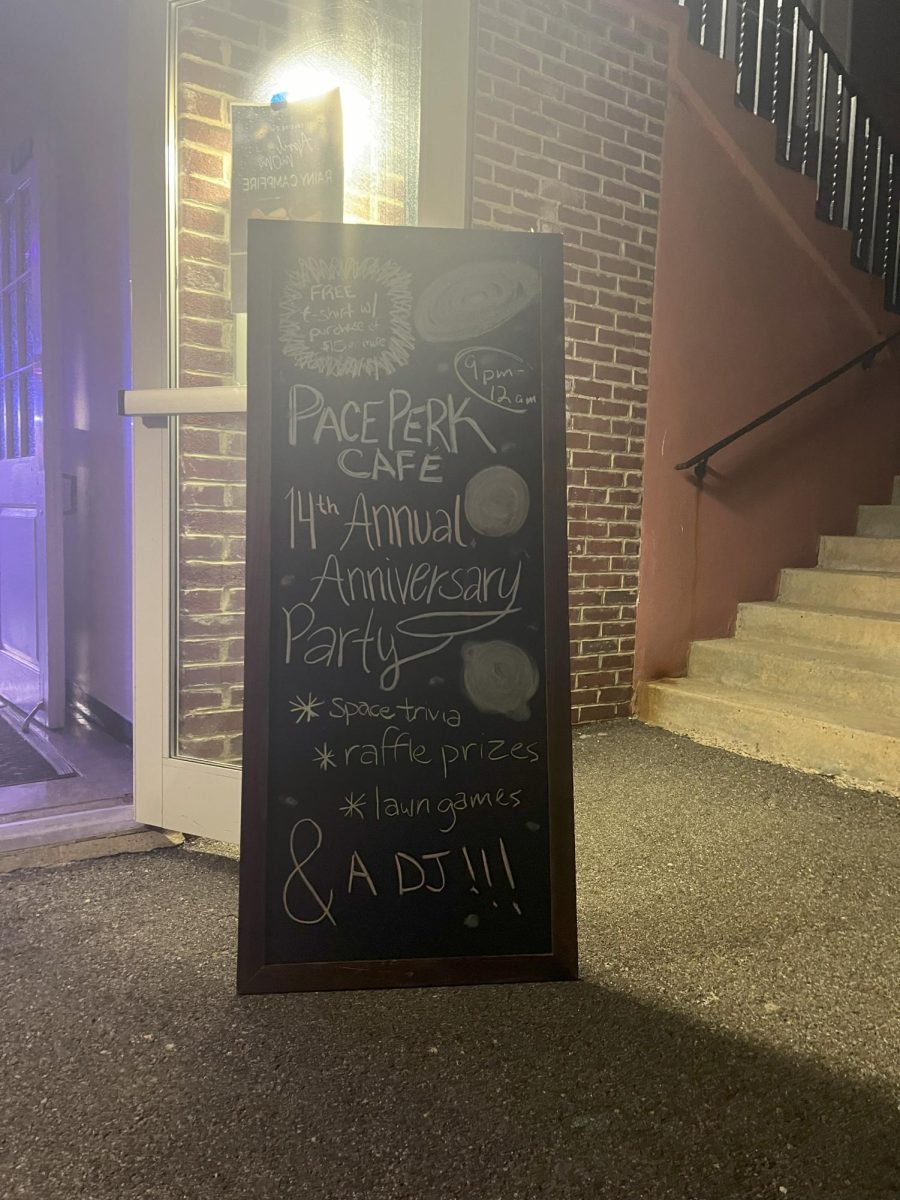Breast Cancer is the second leading cancer in women after skin cancer and despite what many may believe, breast cancer affects men as well.
October is Breast cancer awareness month, a time to remember those that have lost the fight with the disease, help those who are still fighting for their lives as well as help bring more knowledge and awareness to the general public and stand with the survivors who will always remember the struggle they and their families went through to help others avoid the same.
Breast Cancer has touched millions of lives and until a cure is found, will continue to affect millions more. Nowadays almost every person that you meet has either known someone or is related to someone that has had breast cancer.
Freshman psychology major Alexys Tirado shared the story of her aunt who recently came out of remission and that her grandmother who died of breast cancer when she was young.
“My aunt was in an early stage of breast cancer when she was diagnosed. She had to go through both chemo and radiation treatments as well as have a mastectomy and reconstructive surgery, but even after all of that, the doctors found more cancerous cells,” said Tirado. “It was hard to see her having to go through this and was scary for my family but we help support her and we do a lot to support the cause.”
In a study done in 2011, statistics gathered showed that every 1 in 8 women in the United States will develop breast cancer sometime in their lifetime (just under 12 percent). The same study found that an estimated two thousand one hundred and forty men were diagnosed with breast cancer averaging about one in every one thousand men.
A breast cancer myth that many believe is that when lumps are found within the breast tissue, they are cancerous and that they are the only sign of having breast cancer. This is false. Lumps in the breast tissue are common and are often found benign.
Doctor Natalia Vasquez from Dallas Methodist Medical Center, one of the top leading cancer research hospitals, shares that there are many things to look out for that can be tell-tell signs of having breast cancer.
“Skin irritation or dimpling, nipple pain or retraction (turning inward), redness or scaliness of the nipple or breast skin, or a discharge other than breast milk can also be important warning signs for breast cancer. I have seen one uncommon but aggressive form of breast cancer called inflammatory breast cancer or IBC—women usually do not notice a lump, and the only symptoms may be redness and thickening of the skin covering the breast, sometimes together with swelling of the breast,” said Vasquez.
Freshman business major Ryan Denver shares how his mother was diagnosed at an extremely early stage and what the doctors found was only about the size of the tip of a pencil.
“My mom was 52 when they found the cancer but she is now in remission. It was scary but it was so tiny and at such an early stage that we knew she would be okay,” said Denver.
While it is scary to know that this disease is beginning to become more and more abundant in our society, many question the causes of it and what can be done to avoid the fear and stress of finding that you or a loved one may have it.
Leading medical research has found that breast cancer can have genetic links within a family and doctors now offer and recommend having genetic testing done especially if you have immediate family that has the disease.
Know though, while breast cancer can be genetic, only about five- to ten-percent of all breast cancer cases are thought or found to be linked to this cause.
The lifetime risk for breast cancer can be as high as 80 percent for members of some families who inherit certain mutations of BRCA genes. The risk is not nearly as high for most women with a family history of breast cancer. On average, having 1 first-degree relative (mother, sister, or daughter) with breast cancer approximately doubles a woman’s risk, and having 2 first-degree relatives triples her risk.
About 20- to 30-percent of women with breast cancer have a family member with this disease, although most of these families do not have abnormal BRCA genes. This means that most women—70- to 80-percent— who get breast cancer do not have a family history of this disease.
Tirado shared that the women in her family were all tested for the genetic link when her grandmother was first diagnosed with breast cancer and that they still go regularly for checkups.
“I haven’t gone to be checked by a doctor myself like the rest of my family but I do preform self-exams to be safe.”
For those that do have family members that have the disease and it has been found that there is a genetic connection to it, don’t believe that there isn’t anything that you can do to protect yourself against getting it.
One of the best things you can do is to be honest with your doctor and give them a thorough family medical background. That way they can start screening to find it early on when treatments are less aggressive and more successful. They can even offer medicine to help you reduce the risk of developing breast cancer.
Some women believe that even if she doesn’t have a family connection, that there is nothing more that she can do to reduce her chances of having to battle breast cancer. Many breast cancer risk factors are things you cannot change, like your age, your family history, and how old you were when you started and stopped having menstrual periods. But there are other important breast cancer risk factors that you do have some control over, and which can help reduce your risk of developing breast cancer: your weight, your physical activity level, and how much alcohol you drink. As surprising as it is, all of these can tie into your chances of developing cancer.
Being overweight as you age is one of the largest risks that there is. After you hit menopause a woman’s body has to take estrogen from fat tissue, so by having a large amount of estrogen levels in your body can lead to getting breast cancer. Studies have also found that by being active women are 25 percent less likely to develop it. One large study done at the University of Denver found that walking for a minimum of 75-150 minutes during an entire week can lower your chances by 18 percent.
The biggest risk that concerns us at the college age besides having a family connection would have to be drinking alcohol. Compared to women that do not drink any alcohol there is a 12 percent higher risk of breast cancer associated with each drink per day. The American Cancer Society has recommended, “That women limit their consumption of alcohol to no more than one drink a day, if they drink at all.”
Another myth that is assumed by most is that by causing any type of bruising or injury to your boobs or man pecks can cause you to develop breast cancer. Ladies and gents, this is false. There has never been any evidence that by someone bruising, smacking or injuring your breast that you will have a higher risk of getting cancer.



